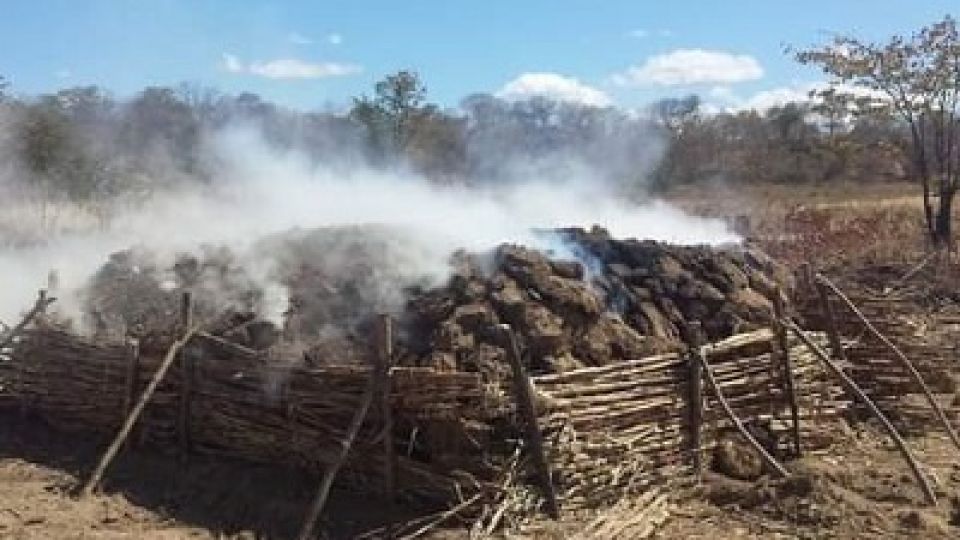from SNIKE MZULAH in Siavonga, Zambia
Zambia Bureau
SIAVONGA, (CAJ News) – THE power shortages afflicting Zambia have left the southern parts of the country at risk of desertification amid the indiscriminate cutting down of trees.
Officials in the district of Siavonga have raised concern as locals increasingly cut trees, which are a source of wood charcoal.
Chief Simamba of the region largely populated by the Tonga speaking communities appealed for measures to be put in place to prevent the destruction as trees played a vital role in the rain cycle.
The chief recommended that perpetrators should be punished in order to send a warning to would-be offenders.
He added that the government must formulate a policy that would include traditional leaders in efforts to promote and encourage natural environment protection.
Chief Simamba also appealed to the Department of Forestry to support the promotion of alternative sources of income in his chiefdom.
A local environmentalist, Mwansa Matokowani, suggested that the government consider empowering charcoal burners in alternative and sustainable businesses like bee-keeping to keep them away from indiscriminate cutting down of trees.
“The main reason why we have high levels of deforestation in Siavonga is because of the production of charcoal,” she said.
Matokowani explained the production of charcoal is influenced by deficiency in energy production, specifically in Siavonga.
“Currently, Zambia has a power deficit of about 800 megawatts,” she explained further.
“So For Siavonga to reduce deforestation, firstly there is a need for the government to empower charcoal burners. This will not only create employment opportunities but also encourage environmental protection,” Matokowani said.
The expert also recommended alternative sources of energy nationally. These include gas and solar.
“That way people will not depend too much on charcoal,” she said.
“The third one is introduction of other livelihood activities for people that have been involved in charcoal burning.”
William Bwalya, Siavonga District Forestry Officer, said the department was committed to sensitise the general public on the importance of preserving trees.
“We have also been conducting tree planting exercises in the communities to discourage and prevent people from cutting down trees anyhow,” he said.

Zambia environmentalist Mwansa Matokowani. Photo by Snike Mzulah, CAJ News Africa MZULAH
He disclosed that the department plans to plant over 150 000 tree seedlings during the December tree planting season this year.
“This is in an effort to promote afforestation and diversification of livelihoods,” Bwalya said.
The department is currently establishing nurseries in areas such as Chalokwa and Manchamwva villages. Community members are managing the nurseries.
Bwalya’s office is providing the technical support for the development of the nurseries.
The number of available seedlings will be totaled in September.
Zambia has in recent months grappled with its worst power deficit in recent memory.
The country’s main hydropower station in Kariba currently operates at reduced capacity because of receding water levels, blamed on climate change-induced droughts.
– CAJ News

